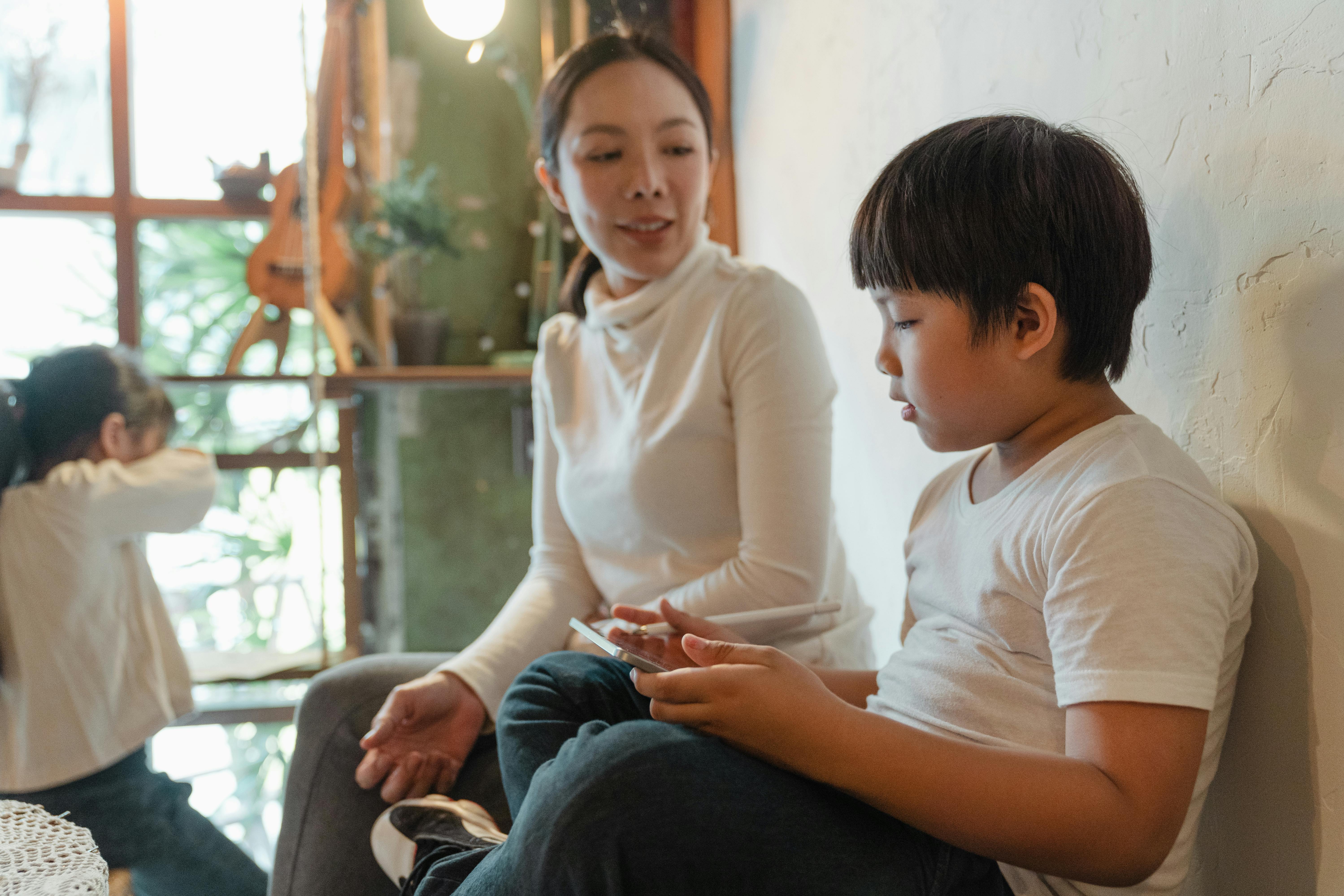So what’s on the kids’ Christmas wish list this year? The latest Wii, Ipod, mobile phone, notebook, bicycle or equipment from the best designers? Or maybe you already have all of those and it’s been a struggle to find something different or special?
As parents, godparents, aunts, uncles, or family friends, it can be helpful for all of us to reflect on what is known about what really makes people happy. Martin Seligman, considered the founder of positive psychology, talks about aspiring to a ‘full life’, one of pleasure, commitment and meaning. His theory is supported by a large body of research.
Sure, all the pleasure, fun and excitement that we young people, and us adults, experience when we receive our Christmas presents is great! That’s what Christmas is all about, isn’t it?
In reality though the positive emotions we experience are only going to be short lived. We all adapt very quickly to our circumstances, including our wealth, appearance, and the “stuff” around us. In a very short time, even in a matter of hours, we will soon feel less satisfied at best, and at worst, the negative emotions of jealousy and envy will kick in when we realize that someone else is wrong. has something newer, bigger, better, or smarter.
So pleasure is good, but by itself it is not enough.
If we truly want our children to prosper and provide our families and friends with continued happiness and well-being, we need to think about how we can encourage them to have more engagement and meaning in their lives. How can we engage everyone in challenging and demanding activities that promote long-term personal growth and build their strengths, self-confidence, and self-esteem? Better yet, how can we encourage people, especially young people, to feel that most positive of emotions: gratitude? Let’s be thankful for what we already have and start thinking about our true purpose in life and what we can do for other people, especially at a time of year that is often a struggle for many. Developing positive relationships with other people through acts of kindness and altruism has far more lasting effects. The key issue here is that all of these things require effort, and making the effort isn’t always fun at the time. It can be hard work, scary, even painful. But the beneficial results for others and ourselves far outweigh the costs.
It may be easier said than done, but if we invest a little of our time and effort into learning what really makes people happy and then acting on it, we can all make a difference. There is a lot of help out there.
Sonja Lyubormirsky’s book ‘The How of Happiness’ is full of practical insights. Organize some challenging and exciting family activity that gets everyone in the ‘flow’ zone. She spends time identifying her family’s strengths by completing VIA’s free Strengths Surveys at http://www.authentichappiness.org and then finding new ways to get out there and use them. Along with the children, give away meaningful time helping others, not forgetting the elderly. Why not do something for, or with, some older relatives or neighbors this year? Practice gratitude with a purpose and make thank you visits to the people you want to thank. Or even spend some time training yourself to be positive and in shape to better plan for next year!
Leading wellness researcher Corey Keyes claims that only 20% of people consider themselves truly wealthy. Prosperous people are happier, healthier, more optimistic, have clearer life goals, achieve and contribute more, possess higher levels of resilience in the face of adversity, and have much better relationships with those around them.
As the festive season approaches, perhaps we can all take the time to consider what happiness really is and how best to achieve it. I am sure that the best gift for Christmas and beyond is helping our young people to thrive. Let’s hope that 2010 brings us closer to that aspiration.

